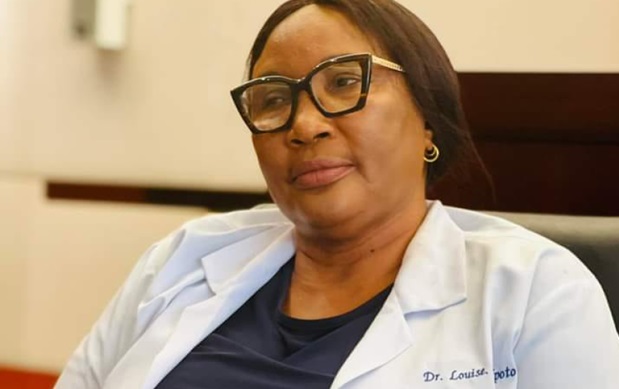LIBERIA – On February 15, 2024, Representatives from Liberia’s Ministry of Health (MoH) and the United States Agency for International Development (USAID) celebrated the success of the recently completed Infectious Disease Detection and Surveillance (IDDS) project. The IDDS project strengthened Bong, Nimba, and Lofa counties’ abilities to detect diseases and antimicrobial resistance (AMR) by enhancing Liberia’s detection networks and AMR surveillance systems. AMR poses a significant threat to global health and directly impacts communities, with over one million deaths globally linked to bacterial AMR each year.
The project focused on upgrading laboratory systems in the three counties beginning in 2019. Over five years, the collaboration between the MoH and USAID strengthened quality-assured laboratory results and improved timely AMR surveillance data. County laboratories now have trained personnel, advanced equipment, and modern methodologies, improving clinical outcomes, informing health policy, and enhancing individual health in Liberia as well as global health security.
USAID/Liberia Mission Director Jim Wright praised the successful partnership with the MoH, noting that Tellewoyan Hospital in Lofa, Phebe Hospital in Bong, and G.W. Harley Hospital in Nimba now offer quality-assured and timely bacteriology testing, including antimicrobial resistance detection. Armed with reliable information, clinicians can now make informed decisions, thus reducing indiscriminate antibiotic use. The result is more appropriate treatment for patients.
Mr. Wright reiterated USAID’s commitment to continued partnership with the MoH to improve the health of all Liberians, and to build Liberia’s ability to better prevent, detect, and respond to infectious diseases.







